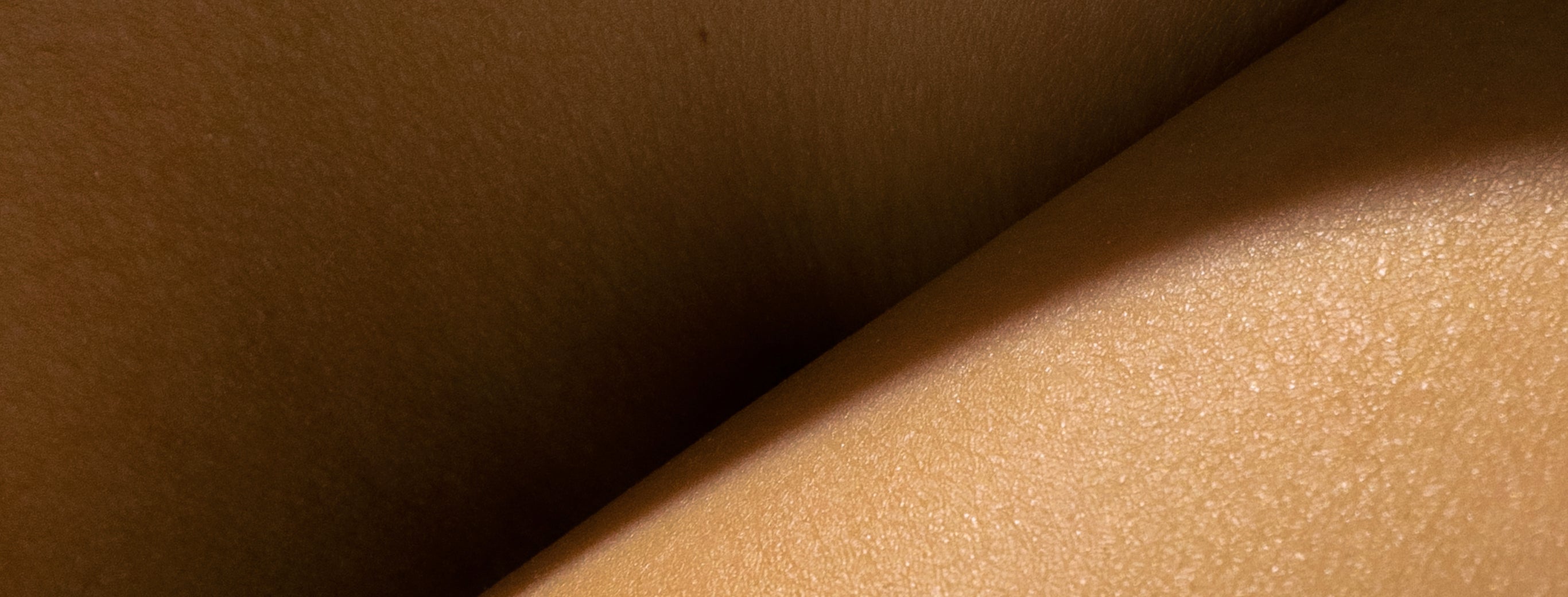The Crucial Role of Nutrition Supplementation in Accelerating Wound Healing After Plastic Surgery Complications

By Heather Flexer, DPT, CWS
Choosing to undergo elective plastic surgery is an exhilarating and empowering, albeit anxiety-producing experience for many individuals. The promise of enhanced aesthetics and improved self-esteem drives many to go under the knife. While the risk may be known ahead of time and strive to go into surgery as the best possible candidate to achieve coveted ideal results, the reality of complications like complex healing wounds does occur. The good thing is the body wants to heal, and optimizing nutrition during this time can facilitate the process.
Understanding Wound Healing:
A typical incision, regardless of the suture materials meant to close the area, is typically meant to be kept covered and dry initially after surgery. The best advice is to follow your surgery discharge paperwork and talk to your surgeon about the nuances of your procedure. When the incision remains closed, the healing process is simple and standard care, which a person can quickly progress through post-op care.
Healing an open wound if the incision breaks down from spitting stitches, liposuction burns, ischemic injuries, infection, or dehisced wounds is a much more complex issue. Wound healing is a complex biological process involving various stages, including inflammation, proliferation, and remodeling. Each phase demands specific nutrients and energy to ensure optimal recovery. In the context of plastic surgery complications, these stages can be disrupted, leading to delayed healing and increased susceptibility to infections. Proper nutrition and supplementation are critical in addressing these complications and promoting efficient wound healing.
Nutrients for Wound Healing:
Common recommendations like eating more protein and drinking more water run rampant and are just the tip of the iceberg of the nutritional demands of a body recovering from surgery. They are a great jumping-off point but only the start of the conversation. It is not uncommon that clients report they are eating right but not ultimately enough to support the demand of growing new tissue. The demands of nutrition are often further compromised around plastic and cosmetic surgery clients when there is a history of calorie restriction, gastric bypass procedures, and recovering from multiple procedures during the same time or in quick succession.
Proteins are the building blocks of tissues and play a fundamental role in wound repair. Collagen, a protein abundant in connective tissues, is crucial for forming scar tissue. Patients experiencing complications after plastic surgery benefit from increased protein intake to support the synthesis of collagen and other proteins essential for tissue regeneration.
Fluid balance is required to maintain adequate blood and lymph flow to support the transportation of nutrients and the removal of toxins from the area.
Vitamins such as A, C, and E are antioxidants that help protect cells from damage, reduce inflammation, and support the immune system. Vitamin A is vital for skin regeneration, while vitamin C is essential for collagen production. Vitamin E contributes to tissue repair by promoting cell membrane integrity.
Minerals like Zinc and copper play vital roles in wound healing. Zinc is involved in collagen synthesis and immune function, while copper aids in angiogenesis and the formation of new blood vessels. Ensuring an adequate supply of these minerals is crucial for optimal recovery.
Omega-3 fatty acids possess anti-inflammatory properties, which can be particularly beneficial in mitigating inflammation associated with surgical complications. These essential fatty acids contribute to a balanced inflammatory response and support tissue healing.
Overall, adequate calorie intake is required to provide the energy required for cellular activities involved in wound healing. Maintaining an appropriate calorie balance is crucial to prevent malnutrition and support recovery in surgical complications, where the body is under increased stress.
Utilizing Sulinu's Before + After Vitals Cosmetic Surgery Recovery Powder eliminates the need to take multiple supplements and be concerned with getting the proper ratios. It has all been done for you with the highest bioavailable supplements for optimal absorption. Professionally crafted meal plans round out the healing process to give you the core nutrition required for healing.

Common Complications:
Incisional Dehiscence is a failure of the incision due to excessive tension, lack of blood flow and/or infection. This may be on a small or large scale and can be affected by the amount of tissue removal. The nutritional demands will be considerably higher in cases where the dehiscence is large and deep, requiring a longer complicated recovery process such as prolonged wound care like packing and the possible use of negative pressure wound therapy. Protein-rich foods like lean meats, eggs, legumes, and vitamin C-rich fruits and vegetables should be included in the diet. Zinc supplementation can also be considered under the guidance of a healthcare professional.
Wound necrosis requires a focus on improving blood circulation and tissue oxygenation. Foods rich in antioxidants, such as berries, beets, and leafy greens, can enhance vascular health. Adequate vitamin A intake promotes epithelialization and prevents further tissue damage.
In the case of infection, a bolstered immune system is vital. Vitamin C and Zinc can contribute to immune function. Antibiotics will be utilized for extended periods during wound complications, leading to gut imbalances and affecting appetite. Probiotics and gut bacteria-bolstering foods like kefir and live yogurts can be helpful.
Liposuction burns demand special attention, as damaged skin may require additional support. Omega-3 fatty acids, vitamin E, and a balanced intake of proteins are crucial for minimizing inflammation and supporting skin regeneration.
As a certified wound specialist consulting with plastic surgery clients and managing complications after surgery, I can attest to the need for optimal nutrition for healing combined with proper wound healing to give clients the best chance at ideal recovery. Suppose you find yourself in the unfortunate situation of a complicated recovery.
Connect for a virtual consultation for a personalized wound treatment plan. www.betterwounds.com/consult. Use code SULINU for 20% off your consult


